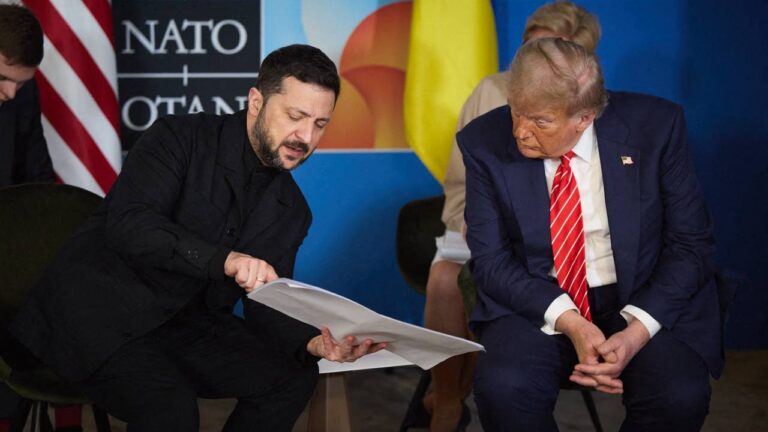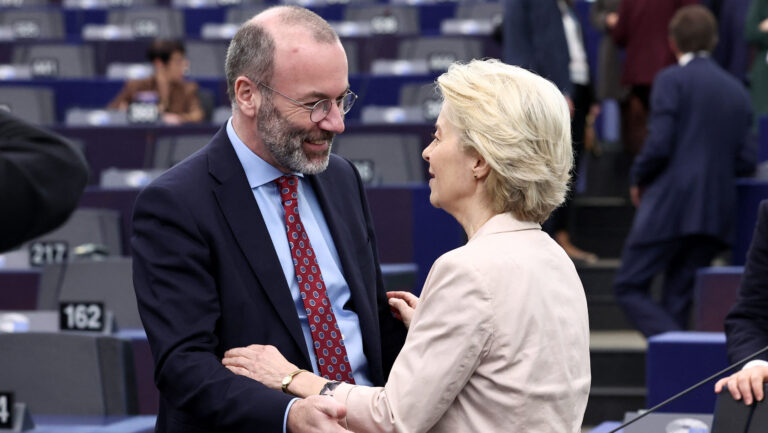The following is a translation of an opinion piece written by Tamás Kolossa, retired independent ICT expert at the European Commission, originally published in Magyar Nemzet.
The Hungarian government has enough disputes with the European Commission, so I completely understand that Tibor Navracsics, Minister for Regional Development, has made restrained comments on the blocking of Erasmus scholarships by the EU. However, as a retired journalist and EU expert, I dare to ask questions that highlight the absurdity of this new type of hate-mongering.
Previously, could anyone have really imagined that an official of the European Commission would get up one day and on a whim make a decision that would ‘drop an atomic bomb on Hungarian universities’ and even
‘set Hungarian higher education back by thirty or forty years’?
And that he would inform a journalist of the newspaper Népszava instead of the Hungarian government about it? No, clearly not. This is not how the European Union or even the European Commission used to work, no matter how much some people would have liked it to. The European Commission is not the boss of any member state; its scope is very well defined. Although it has been trying to expand its powers in recent times, it has never launched such a surprise attack yet. It has no right to do so.
According to Szabad Európa, the Hungarian news website of RFE/RLE, the Commission confirmed to them that it had made the decision. Allegedly, it even warned the Hungarian government last year that it would be a problem if politicians continued to sit on the boards of trustees of universities operated by foundations. The article does not include sources from the Commission—according to the website, the decision was made by the European Council (so they are mixing it up with the European Commission), and then they refer back to Népszava again. There is no other official reference, so I can boldly say that the European Council has never made such a decision. The credibility of Szabad Európa is therefore highly questionable.
But let us assume that Tibor Navracsics and his team misunderstood something, and last year the Committee had indeed warned them about this specific case. Then, after realising that he had not made itself understood, at the end of last year, it went ahead and signed two critical agreements with Hungary. Then, with a wide grin on its face, it made this unexpected decision without any warning as a New Year’s surprise. And since this is exactly what the Committee did—without informing the Hungarian government—, it must have very serious consequences in the future. Of course, not as serious as an ‘atomic bomb’—as Népszava wrote, ‘according to the associate professor of Eötvös Loránd University, the exclusion of foundation universities from the Erasmus programme is equivalent to the devastation of an atomic bomb’.
In Hungary, 100–120 thousand students study at universities every year.
Among them, eight to nine thousand students receive mostly semester-long Erasmus scholarships each year.
Before 2010, I myself invested a lot of energy in making Hungary more involved in joint European Research and Development (R&D) programmes—with little success. In order to achieve that, we need to be aware of the fact that the ten, then twelve, member states that freshly joined the research framework programme from 2002 have not had access to more than five to six per cent of the joint R&D programmes—and not of the Horizont 2020 programme either. Just think about it: R&D programmes have offered, and still offer, the second-largest portfolio of the entire budget of the European Union. It is true that primarily universities and academic institutes participate in these programmes, however, both the Hungarian and new members do so with a shamefully low level of activity. Is there any legislation to exclude a Member State from one of the portfolios of a unanimously adopted common budget? No, there is not. This is completely absurd.
And here is the punch line:
what does the European Commission have to do with Hungarian education?
In short, nothing. Education matters, both in terms of content and in terms of structure, are the responsibility of the Member States.
The Treaty of Lisbon is clear. There are three types of powers in the EU: the EU’s exclusive competences (customs union, etc.), shared competences (internal market, energy, etc.), and finally, the so-called ‘supporting’ competences, where the Member States decide completely independently, and the EU can at most support their decisions if it wants—however, it cannot attack them. This includes, among others, sports and education as well. It is not very difficult to look into this.
The whole mess is therefore not really realistic at first glance. What is much more realistic is that this is just another dumb idea of some Orbán-hating group. As a citizen of the European Union, I have the right to demand that the Commission operate in a transparent way, so whether it makes practical sense or not, I would like to hereby demand that the Commission discloses whether it has, at any point, directly paid consulting fees to any Hungarian or European MEPs, journalists, or NGOs. And I would also like to ask Népszava: why are you still pretending to be into journalism?
The camp of Orbán haters and their fans are basking in a perverse triumph again.
Click here to read the original article








